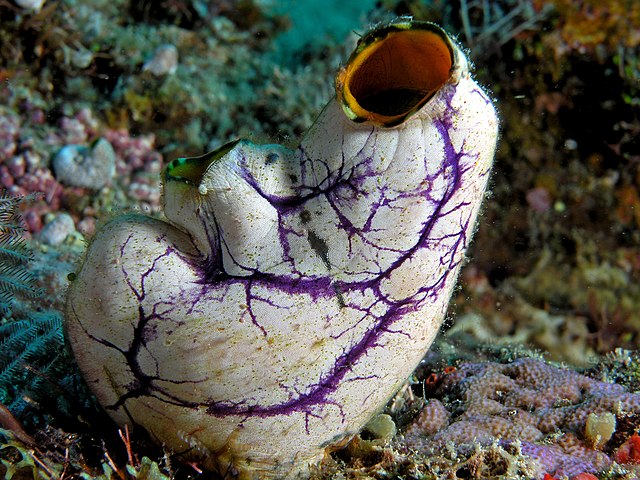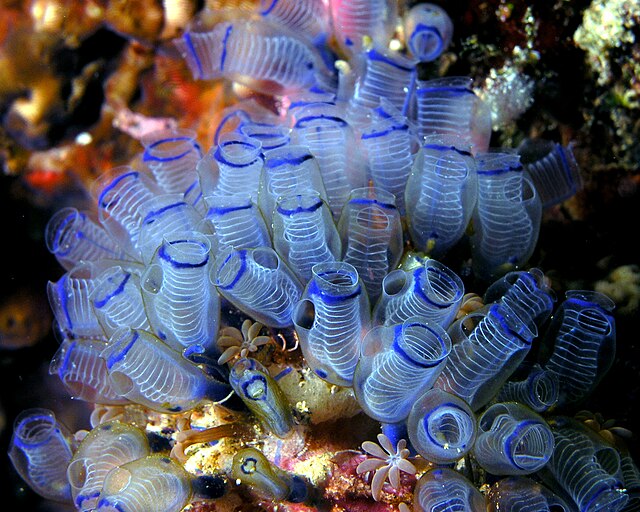Infinite photos and videos for every Wiki article ·
Find something interesting to watch in seconds
Great Museums
Celebrities
Largest Empires
Countries of the World
Crown Jewels
British Monarchs
World Banknotes
Supercars
Presidents
History by Country
Rare Coins
Best Campuses
Tallest Buildings
Orders and Medals
Wars and Battles
Animals
Richest US Counties
Famous Castles
Great Artists
Great Cities
Recovered Treasures
Wonders of Nature
Kings of France
Ancient Marvels
Largest Palaces
Sports
more top lists





